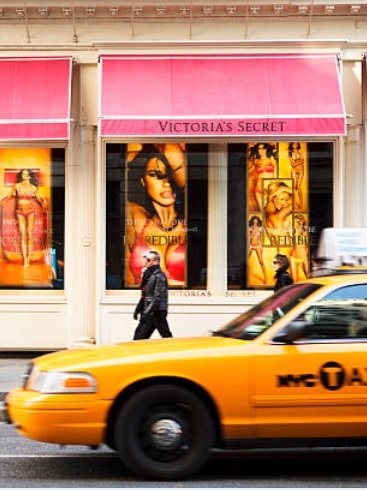Unfortunate Truths of Fashion
“Fast fashion isn’t free. Someone, somewhere, is paying.” - Lucy Siegle

Guess Who’s Not Real: Why AI Has No Place in Vogue
Vogue’s August issue features Guess’s new AI “muse”—but what does it mean when fashion replaces real models with digital ones? Here’s why individuality, imperfection, and human expression matter more than algorithmic perfection.

A Glamorized Ghost of a Bygone Era
In 2024, the highly anticipated Victoria's Secret runway show returned after a six-year hiatus, reigniting discussions about the brand's evolving approach to inclusivity and traditional beauty standards.
Photo Credit: wdstock by Guttey Images

Hellville
Brandy Melville, known for its "one size fits most" policy, has been criticized for promoting harmful exclusivity, unrealistic body standards, and discriminatory hiring practices. This article explores the ethical and environmental concerns surrounding Brandy Melville, as highlighted in the HBO documentary Brandy Hellville & The Cult of Fast Fashion. I aim to educate you on these harmful practices and urge future consumers to consider the broader implications of their fashion choices.
Content source: https://time.com/6965880/brandy-hellville-documentary-true-story/

Our Beloved Zara…
Zara, a leading fast fashion brand, has transformed the fashion industry with its rapid production of affordable, trendy clothing. However, this model has drawn criticism for its environmental and ethical consequences, including excessive waste, pollution, and poor labor conditions. More concerning is Zara’s influence on young girls, encouraging them to chase trends rather than develop a unique sense of style. This constant pressure to keep up with fashion cycles can undermine individuality and self-expression, leading to insecurity and a disposable attitude toward clothing. This article is here to educate you on fast fashion brands like Zara must so that we as consumer can hold them accountable for both their environmental impact and their role in shaping consumer behavior.
